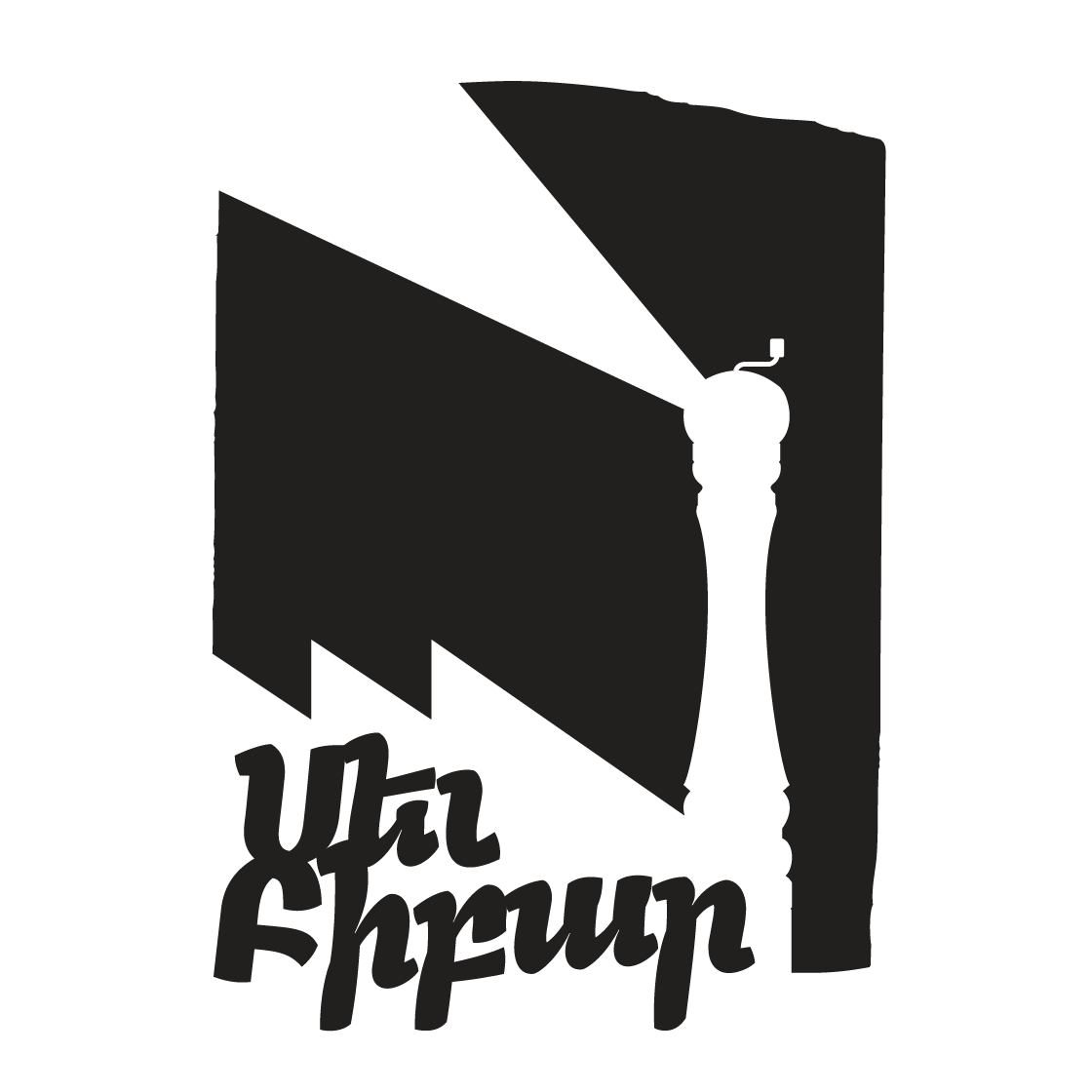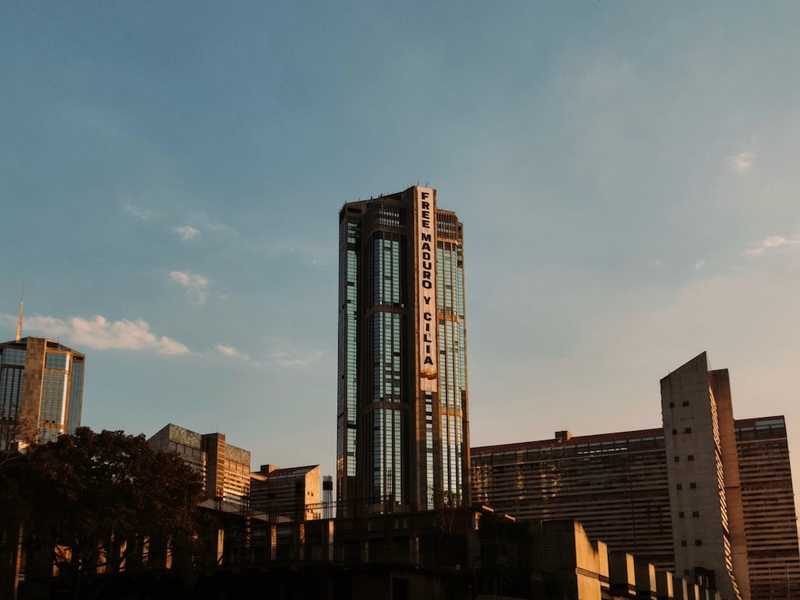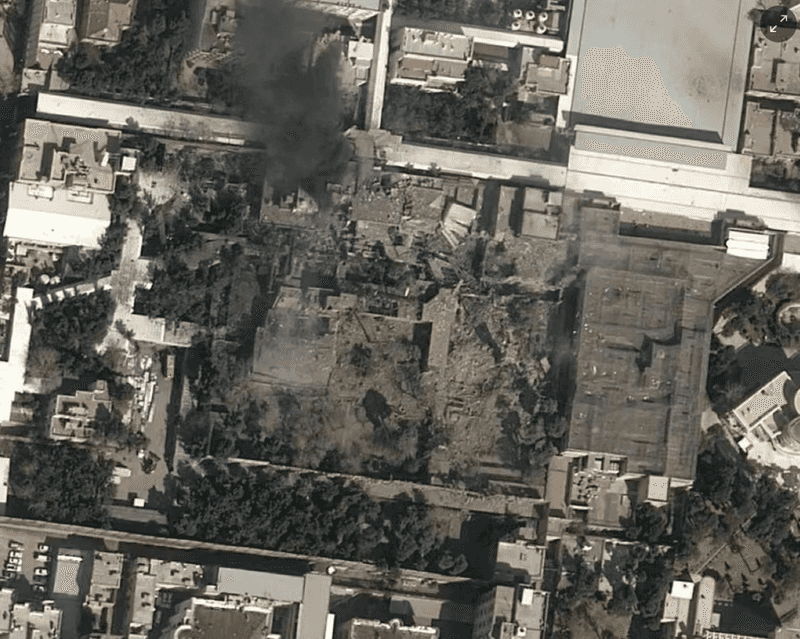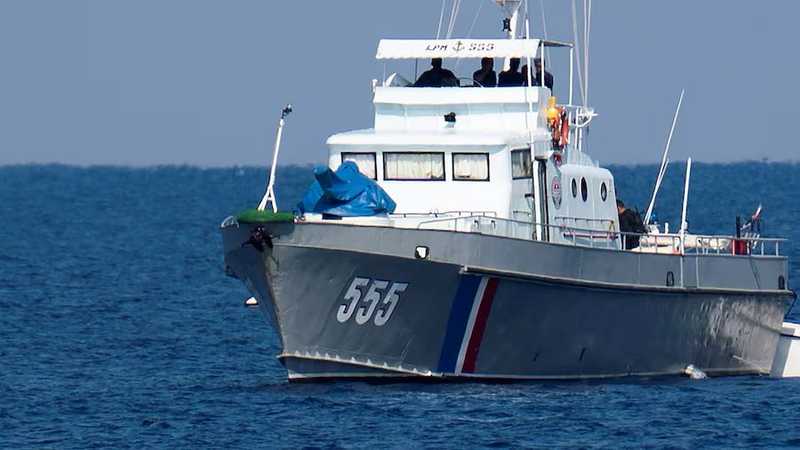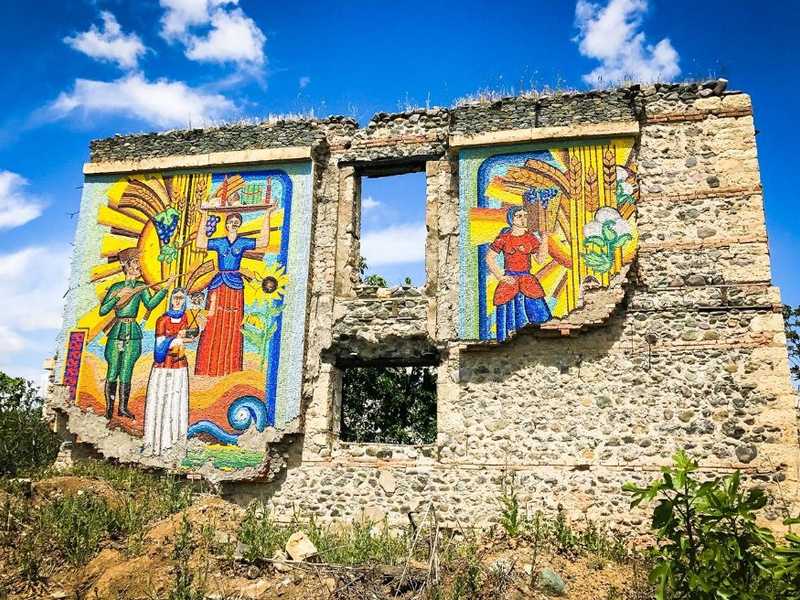
Editor’s Note: The past few weeks have seen the rapid and bloody escalation of a long-simmering conflict in the Nagorno-Karabakh region of the Caucasus — on the one side, Armenia and the majority-ethnically Armenian population of the region; on the other, Azerbaijan backed by an expansionist Turkey. This conflict is not rooted in an immemorial hatred between Armenians and Azeri. Instead, it is the product of historical circumstances that sundered indigenous communities with arbitrary borders. As with many wars, it is the working class that bears the deadly costs of this war, while arms manufacturers profit and the ruling class rallies support through nationalist fervor. The following statement — a longer version of which was initially published by Progressive International’s Wire Armenia-based member Sev Bibar — provides the authors’ particular view on the conflict, its origins, and a path to peace and justice in the region.
The Արցախ / Qarabağ conflict, a dispute over the landlocked region known as “Nagorno-Karabakh” in the so-called “South Caucasus,” dates back to the early Soviet times when the region, inhabited by a majority of indigenous Armenian population, was put under the control of oil-rich Azerbaijan SSR. In 1988, after decades of experiencing oppressive settler colonialist policies of Azerbaijani SSR, the Armenian population in the Nagorno-Karabakh Autonomous Oblast democratically voted in favor of seceding from Azerbaijan and joining Soviet Armenia. These attempts of self-determination, however, were met by anti-Armenian pogroms in several Azerbaijani cities. Tensions quickly evolved into guerilla warfare between the two sides, and into a full-scale destructive war in Արցախ / Qarabağ, which ended in 1994 with a large part of the once Nagorno-Karabakh Autonomous Oblast (NKAO) plus 7 adjacent territories ending up under the control of the Armenian forces.
Since the ceasefire in 1994, the threat of war controlled and deprived the peoples of Armenia, Արցախ / Qarabağ, and Azerbaijan of autonomous and de-colonial decision-making in social, political and economic issues. For decades, corrupt and unelected governments looted, oppressed and exerted violence on the people, preventing any opportunity for political progress in these countries.
Similar exploitation and oppression techniques used by the ruling classes in Armenia, Azerbaijan, Russia and Turkey, who profited from corruption, authoritarianism, heavy metal and fossil fuel mining, trade and mass destruction arms sales grounded in the glorification of war and hetero-patriarchy, strangled any possibility for a long-term solidarity across borders and between affected localities․
The minority political elites and the ruling classes within each country also demonstrated more solidarity with each other than with the oppressed majority of the people, silencing dissent by instigating the breach of ceasefire across the closed borders. The richest bailed themselves out of conscription, while the recruits from the poorest layers of the societies were subject to violence, abuse, suicide and murders during the military service.
Any possibility of peaceful resolution of the conflict was buried in representative and classified diplomatic meetings and resulted in the maintenance of the status-quo preserved for 30 years which was profitable for the arms-trading imperial powers and their ruling proxies in the conflicting countries.
The people of Armenia, Արցախ / Qarabağ and Azerbaijan accommodated themselves with a fascist, xenophobic rhetoric towards each other. Three generations grew up reproducing the ethnic and religious hostility, previously more or less appeased by the policy of “national brotherhood” in the Soviet era. Fascism, racism and xenophobia reached a particularly high level in Azerbaijan, manifesting themselves in official discourse, such as president Aliyev’s 2015 tweet stating that “Armenia is not even a colony, it is not even worthy of being a servant”, and in state practice, in the example of Azerbaijani army officer Ramil Safarov axe murdering sleeping Armenian lieutenant Gurgen Margaryan during a NATO sponsored training seminar in Budapest, and then being pardoned, proclaimed a hero, promoted and gifted by president Aliyev.
While Azerbaijan remains a dictatorial state, the people in Armenia made an attempt to break through the vicious circle and initiated a protest movement in 2018, which resulted in a peaceful transfer of power from a kleptocratic oligarchy to a neoliberal establishment. The newly-formed democratic government made numerous, though insufficient, attempts to restore looted public resources. However, any bourgeois-democratic national “revolution” that does not reject the colonial, neoliberal, and ecocidal system is doomed to failure, and risks reversal sooner or later. Autocratic regional powers, needless to say, would be eager to work toward that reversal — if not through a coup d’etat, then perhaps through a war.
On September 27, 2020, the Azerbaijani dictatorial regime raged a Turkey-backed war against Արցախ / Qarabağ with a political goal of “ending Armenian occupation” and restoring its “territorial integrity.” The question of who started the aggression is neither a matter of commentary, nor a matter of opinion, as many centrist, “unbiased” views suggest. Rather, it is a matter of record. Finding itself in a political and economic deadlock exacerbated by the falling prices of oil since March this year, Azerbaijan’s president Aliyev’s autocratic regime seems to have decided, once again, to play its last card of war and nationalism, thus diverting its people’s attention to Qarabağ.
THERE ARE NO WINNERS IN WAR
There is no ‘victory’ in the war of competing nationalisms — except for those who profit from it. The glorification of war is deeply rooted in the patriarchy, the perpetuation of which depends on the very existence of nationalist war and its ideological hegemony. Another war means another wave of hate, closing doors to reconciliation and trust, and targeting of marginalized voices that challenge the machinery of imperialist expansion. This war, like any other, has grave environmental consequences as well. This part of Earth, already damaged and exhausted by mining, is now being destroyed on a daily basis.
Today, the only legitimate solidarity we are allowed to have is that of dying together or organizing the logistics and support for those who fled from the combat zone, the gendered solidarity of care, healing and cleaning up the physical, psychological and ecological mess. Since youth, our bodies do not belong to us; they are servants of the conflict. This cycle needs to end. We need a solid antifascist pro-peace political movement․
So far, we have failed to form such a movement partly because a) the critique of nationalism, patriarchy, capitalism and militarism remains largely a marginal and suppressed discourse, b) anti-war stances are non-viable in the conditions of foreign military aggression and expansionist discourse, c) already marginal pro-peace discourses are often dominated by liberal approaches that equalize and homogenize power dynamics, contexts and realities, and d) anti-nationalist and internationalist stances in Armenia are often identified with the Soviet experience, the collective memory of which leaves little if any space for an expansive left politics today. For such spaces to open up in the wider region, a struggle for decolonization should be coordinated with if not preceded by winning democratic, worker power in Azerbaijan, Turkey and Russia.
TIME FOR DE-COLONIAL, ANTI-FASCIST AND ANTI-MILITARIST ECOFEMINIST ACTION
We call for Azerbaijan to stop the attacks: this conflict cannot have a military solution.
We call for substituting the ideological frameworks of nation and territory with those of people and rights. People’s rights, not states’ rights. The conflict cannot continue being seen merely through the legalistic principle of territorial integrity.
We call for the recognition of Արցախ / Qarabağ’s right to self-determination. Borders drawn in the beginning of the 20th century have never reflected the rights of the majority of Արցախ / Qarabağ. They have created conditions for the perpetual war in the region, and the following displacement of populations.
We stress the importance of the right of all refugees’ from both sides to return to their homes and their right to self-determination in conditions of demilitarization, societies’ detoxification from mutual hatred, mutual and solid guarantees of security, and restraint of fascist imperialist powers’ meddling in the region.
We call to replace expansionist and maximalist stances with post-national ones.
We call for a multilateral recognition of and reparations for past genocides and massacres for the sake of preventing future ones, namely the Armenian Genocide, the Shushi massacre, the pogroms of Sumgait, Kirovabad, Baku, and the Khojaly Massacre.
We express our solidarity with fellows in Azerbaijan, Turkey and beyond, who raised their voices against this war.
We call for peace and demilitarization. For the abolishment of the colonial military-industrial complex and the arms trade, supported by heavy metal mining and fossil fuel industries. For a stop to heavy metal mining and fossil fuel burning worldwide.
We call for solidarity and peaceful coexistence across borders, identities and oppressed classes.
We call for adopting the respect for life — both human and nonhuman, as a ruling political principle.
We call for an international struggle for the suppression of fascism, dictatorial appetites of the capitalist system and its agents in our region and beyond. We denounce authoritarian nationalism and its propaganda in all its forms.
We dream of a post-nationalist, pluralist and sustainable cohabitation for the people of Caucasus within a life-oriented political ecology, through the creation of internationalist self-governed and autonomous communities in the region.
This statement was written by some members of PI member “Left Resistance” and others.
